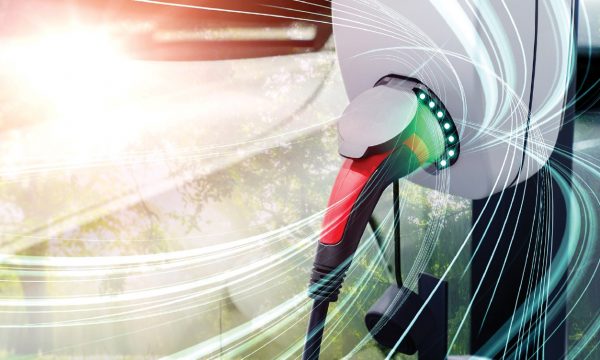Every level of government faces the difficult challenge of finding the resources required to fund the many needs and wants that society demands of them. However, governments must always be mindful that there is only one taxpayer. They don’t differentiate between federal, provincial, or municipal levy. A tax is a tax.
That is why the prospect of two levels of government doubling down on a vehicle luxury tax is so frustrating.
The BC luxury tax on vehicles kicks in at a $55,000 price—but hasn’t been adjusted for inflation for many years. As a result, many standard vehicles of today are captured by the tax, including vans and larger SUVs that families rely on to shuttle their children around—in addition to pickup trucks that are required by many businesses, and individuals, including those who live and work in resource communities.
In a recent provincial pre-budget submission, our provincial association recommended the luxury tax threshold be raised and then eliminated over time to reflect the fact that the average price of a new vehicle in Canada reached $54,000 in May, only slightly below the present luxury tax threshold.
The concern is further compounded by the pending introduction of a federal luxury tax in September that will create a double-tax for consumers in this province.
The federal government plans on establishing a new 10 per cent luxury tax on vehicles over $100,000
The federal government plans on establishing a new 10 per cent luxury tax on vehicles over $100,000 and while some may say, people who can afford a vehicle in his price range can afford an additional tax, it should be known that the implications are significant for car dealers in this province who are still trying to manage their way through supply chain issues. Additional taxation in a highly competitive sector like ours is always a concern, as consumers in BC can simply go to other neighbouring jurisdictions with more favourable tax structures for their purchases—putting BC companies and family-supporting jobs at risk.
What amounts to tax-on-tax for new car dealers will provide an even greater incentive for consumers to take their business elsewhere, greatly impacting the more than 400 new car dealerships in 55 communities across this province, generating $15.6 billion in economic activity, and 27,000 family supporting jobs.
Our federal association has made the case to Ottawa that the impact of applying a federal luxury tax on top of the provincial tax in this province will have a significant impact on British Columbians who already face considerable cost of living challenges, and negatively impact sales of new vehicles.
We trusted the federal government might be influenced by a May 26 report by the Parliamentary Budget Officer (PBO) suggesting the new tax on luxury vehicles would add $572 million to government coffers through the 2026-27 budget year but reduce sales by $566 million, or 19 per cent, over the same time span.
Unfortunately, at this time those discussions have gone nowhere, and we continue to ask, is there anybody listening?











